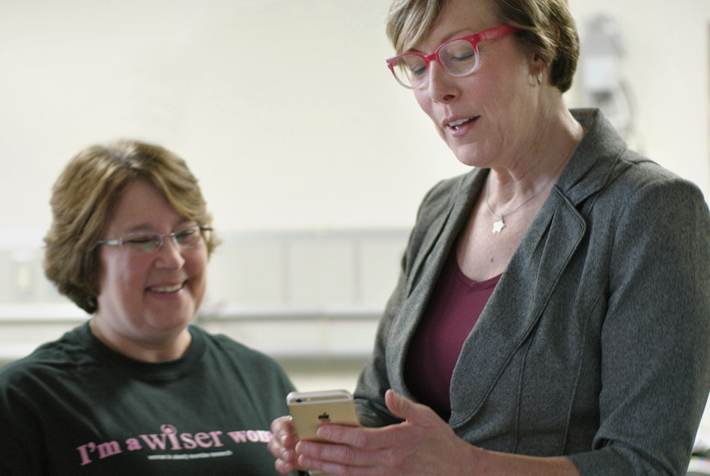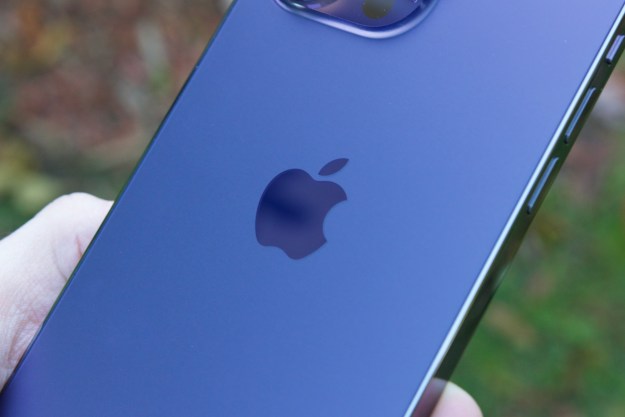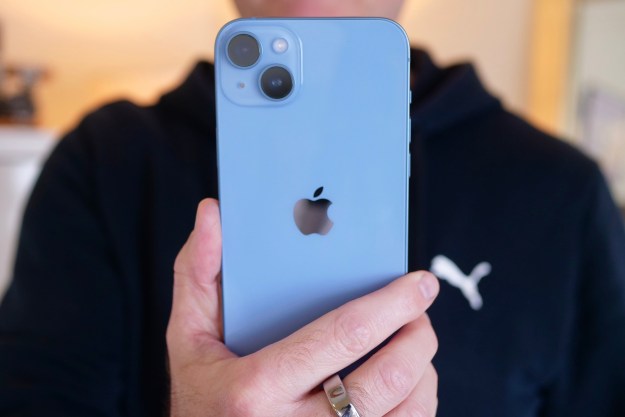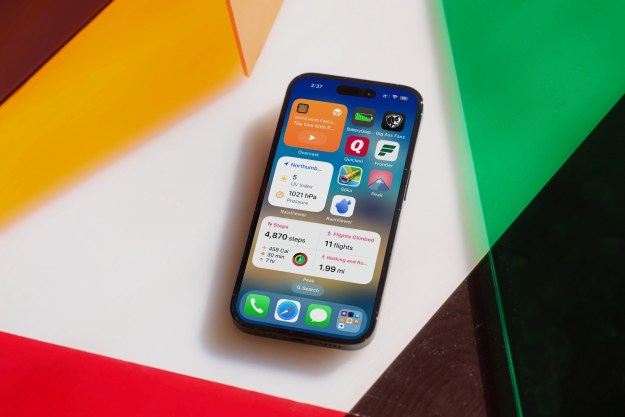
More than 50 researchers are actively taking part in the open-source project, according to Apple. The studies provide a new way for more people to be involved in medical research. At its September event, Apple said the early response to the program has been “overwhelming.” Now, the company looks to replicate that success with new studies.
The first, comes from Duke University and Peking University in China. The two universities launched the Autism & Beyond app as a way to track autism in a child’s early life. The program uses emotion detection algorithms, monitoring a child’s reaction to videos using the front-facing camera. It may be able to track the early development of autism based on a child’s reactions (or non-reactions) to visual media.
Additionally, Johns Hopkins University developed an app called EpiWatch for the Apple Watch, which gives epilepsy victims a one-touch way to contact a family member and document the events of the seizure. The app tracks medication intake, seizure duration, and other factors. Users will be able to share their results with others.
The last new study comes from the Oregon Health & Science University, which is interested in discovering whether early signs of mole growth and melanoma (skin cancer) can be spotted with the iPhone camera. Users can send photo updates to medical professionals, and get feedback directly on their phones instead of having to go into a doctor’s office.
Some projects have already seen an overload of data, thanks to the generous donations from a few of the 600 million iPhone users out there.
Apple plans to add new modules, active tasks, and custom surveys to ResearchKit in the upcoming weeks. One of these new modules, the Initial Active Task, can measure motor activities, fitness, cognition, and voice, which should help a variety of medical studies.
ResearchKit is still bogged down by a lack of supported countries. Only seven of the 180+ countries in which the iPhone is available support the open-source platform. Apple has not said when ResearchKit will be available in more countries.
Editors' Recommendations
- This one Apple Fitness feature completely changed how I exercise
- An Apple insider just revealed how iOS 18’s AI features will work
- Here’s how Apple could change your iPhone forever
- Everything you need to know about the massive Apple App Store outage
- This could be our first look at iOS 18’s huge redesign


